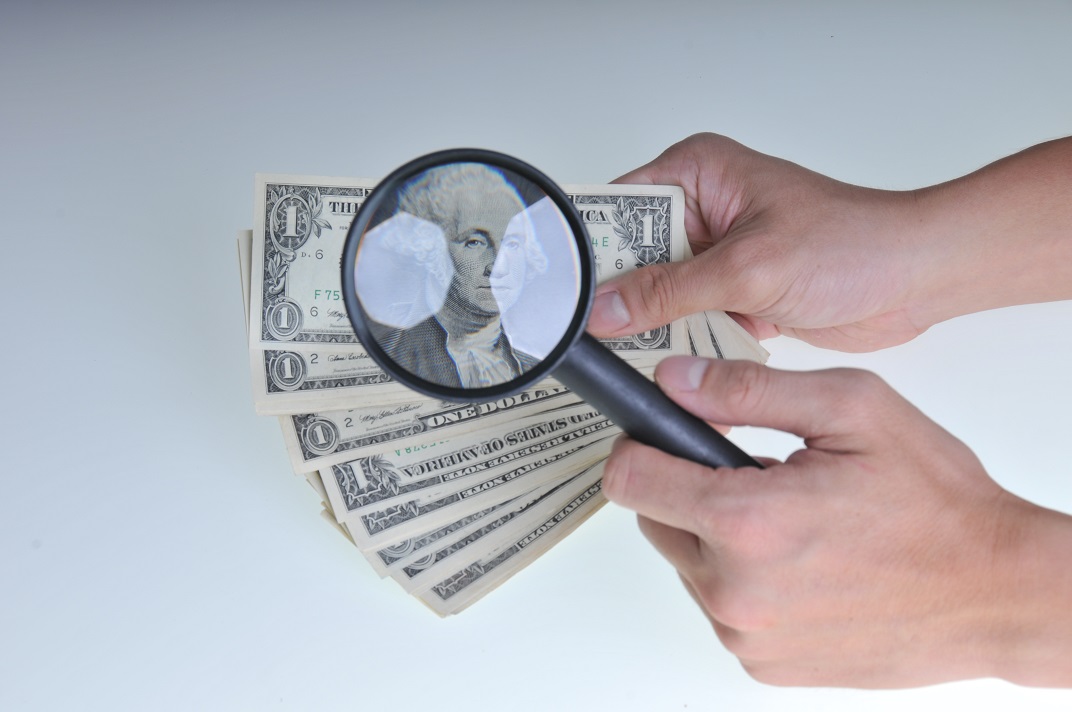Attorney Dean Viskovich, aka The Lab Guy, gives pointers on what to do when buying or selling a laboratory.
Continue readingPhysician Dispensing as it Relates to Injured Workers Clarified by the Florida Workers’ Comp Division
 By: Zach Simpson
By: Zach Simpson
On March 31, 2020 the Florida Division of Workers’ Compensation (DWC) clarified that physicians are permitted to dispense medications to injured workers, and that an injured worker shall have full and free choice to utilize their physician for medication dispensing, as well as any other pharmacy or pharmacist.
It was declared by the DWC that it is not appropriate for employers/carriers to deny authorization or reimbursement for prescription medication solely because the medication is dispensed by the treating physician who is a licensed Florida dispensing practitioner instead of a pharmacist.
What Led to the DWC Bulletin?
A Florida dispensing practitioner was denied reimbursement for drugs dispensed out of their office to an injured worker in a recent reimbursement dispute claim. The physician asserted the claims administrator denied reimbursement for the dispensed medications because the physician was not authorized to dispense prescription medications. The Florida Department of Financial Services (DFS) ruled in favor of the physician – DFS Case No.: 20180824-007-WC – and subsequently issued DWC Bulletin DWC-01-2020 on March 31, 2020.
Details of the DWC BulletinContinue reading
More Relief on the Way: H.R. 266 – Paycheck Protection Program and Health Care Enhancement Act Signed by the President
 By: Susan St. John
By: Susan St. John
The newest relief for small business and health care providers was passed by the Senate on April 21st, by the House on April 23rd, and became law on April 24, 2020. This new Act, provides for $484 billion in additional relief to small businesses and healthcare providers. $100 billion of the relief has been allocated to the Department of Health and Human Services and of that amount $75 billion is earmarked “to reimburse health care providers for health related expenses or lost revenues that are attributable to the coronavirus outbreak.” The remaining $25 billion will be used for expenses to research, develop, validate, manufacture, purchase, administer, and expand capacity for COVID-19 test to effectively monitor and suppress COVID-19.
The $75 billion provided under the Act will remain available until expended and will be used to prevent, prepare for, and respond to coronavirus to reimburse necessary expense or lost revenues incurred as a result of COVID-19. However, if a health care provider has already had expenses or lost revenues incurred due to COVID-19 reimbursed from other sources or that other sources are obligated to reimburse (like the CARES Act), any funds received from the $75 billion cannot be used as a “double dip” by that health care provider.
A big difference for health care providers with this Act, is that unlike the CARES Act that provided a direct deposit to health care providers based on Medicare fee for services reimbursement, no application necessary, this Act requires the health care provider to apply for relief funds. Eligible health care providers include public entities, Medicare or Medicaid enrolled suppliers and providers, profit and not-for-profit entities that provide diagnoses, testing, or care for individuals with possible or actual cases of COVID-19 (so as to accommodate the “lost revenues” provision, this could mean any patient treated since January 31, 2020, and is not necessarily limited to patients treated for COVID-19 symptoms without testing confirmation). Health care providers should act quickly and apply for funds as soon as possible as the HHS Secretary will review applications and make payments on a rolling basis. Payment may be a pre-payment, prospective payment, or a retrospective payment as determined by the HHS Secretary. Health care providers must submit an application that includes statements justifying the need of the provider for the payment. The provider must have a valid tax id number (could be an individually enrolled physician). As with the CARES Act, HHS will have the ability to audit how relief funds are expended and must start reporting obligations of funds to the House and Senates Committees on Appropriations within 60 days from the date of enactment of this Act. Reporting will continue every 60 days thereafter.Continue reading
Noncompete Agreement Tips and Mistakes to Avoid After COVID-19
 By: Jeff Cohen
By: Jeff Cohen
COVID is proving to be so burdensome on employers that we are seeing lay-offs and furloughs all over the country. As the virus curve bends back in a positive direction and physician and patient concerns for safety wane, patients will stream back to office. But what happens to the laid off (or furloughed) employees and contractors with non-competes? Will they come back or will they have moved on, possibly in a way that violates their noncompetes? And will a court think a noncompete has been violated when an employee or contractor was let go and there is no specific provision in their written contract that allows the employer to immediately let someone go without notice due to this type of situation? How will the COVID based lay-offs and furlough affect noncompetes? The short answer is we don’t yet know, but widespread lay-offs and furloughs may result in a flood of cases being filed because (1) many have been let go, (2) there likely isn’t a provision in their contract with the employer that specifically authorizes that sort of termination, and (3) a contract’s “breach” (e.g. no contract based allowance for the prompt termination) is traditionally a defense to an action to enforce a noncompete.
The COVID Issue
Though there is an exception for unusual specialties or where there is essentially a community need, noncompetition covenants are generally enforceable in Florida with respect to doctors and other healthcare professionals. Many people think doctors in particular can’t be restricted from practicing medicine under any circumstances. That is just not true.
Getting to the bone of the issue, noncompetes are enforceable in Florida if:Continue reading
Florida Medicaid Waiver in Response to COVID-19 National Emergency
On March 16, 2020, Florida became the first state to receive a Medicaid waiver from CMS in response to the COVID-19 national emergency. These provider enrollment emergency relief efforts also apply to the Children’s Health Insurance Program (CHIP), as applicable. With this waiver, Florida Medicaid, and Medicaid providers, will have greater flexibility in treating covered patients. Pursuant to the Florida waiver:






 By
By